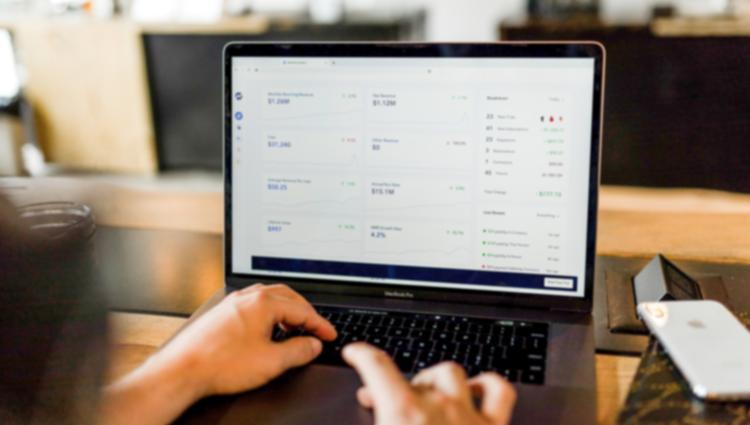Interest Rates and Early Payoffs - What You Need To Know

Evaluating your loans, rates, and use of cash reserves each year is a best business and personal finance practice. Planning is key, and these tips should aid in your decision making on current and future loans.
Everything is costing more money today, and borrowing money is no exception. Whether its mortgages, auto and equipment loans, personal loans, home equity lines of credit, or business lines of credit, payments on borrowed funds have increased significantly in the last 12 months.
You’re probably wondering, “What is driving the increased payments?” In early 2022, the Federal Reserve announced they were raising the key interest rate in order to fight inflation. Since then, they have raised rates by 2.25 percent, meaning for every $1,000 owed, borrowers are paying an additional $22.50. As interest rates rise, the amount of interest due on borrowed money increases, thus resulting in a higher required payment.
For those who have a fixed rate loan, your payments should have remained the same, because at the time the loan originated, your interest rate was locked in for a set period of time, resulting in a consistent payment over the term of the loan. An exception would be if you obtained a fixed to variable rate loan at time of origination. On these loans, after a certain period of time, the rate will become variable, meaning it is subject to change, which could affect your payment. Reach out to your lender to see when the fixed rate expires and discuss your options.
If you have a loan with a variable interest rate, you have probably noticed a considerable increase in the required payment due because as the benchmark or index rate changes, the interest rate on the loan has also changed. While a variable rate loan is not as enticing in a rising rate environment, there are benefits to using them:
- Short term borrowing needs where the interest rate may still be lower than if you were to obtain a fixed rate
- Situations where you will be advancing the funds over a period of time, instead of taking one lump sum at time of origination
If you currently have a variable rate on a term loan, you may want to discuss options for fixing the rate for the remaining term with your lender. There are advantages and disadvantages to both fixed and variable rates, which is all dependent on your particular situation.
We are often asked by customers if they should pay off their loans early with extra cash at the end of the year. For some of our crop and dairy operations, it is a good year. Yes, input costs are up, but it may be the third or fourth most profitable year for some dairy producers with probably the highest milk price we have seen in the industry. When asked about paying loans off early, the standard consulting answer is, “It depends”.
Before paying your loan off early, it’s important to consider:
- The type of loan (line of credit, equipment, or long term mortgage)
- Interest rate on the loan
- Plans you have the next few years
If you know you have plans to build something or make a major purchase in the next few years and will need to borrow, it may be better to use your cash and keep the low interest rate loan you have, especially if it is fixed rate.
If you have no major investments in the short term (3-5 years) planned, then paying off variable rate loans first isn’t a bad move.
We recommend to producers these same best practices during both good and bad times:
- Pay down lines of credit first. These are great cash reserves when you need them.
- Build liquidity and more importantly, liquid reserves. Liquid reserves outside the available line of credit are cash and/or investment accounts and prepaid expenses (normal operating items we pre-purchase to defer income taxes – this is not equipment purchases to defer taxes).
- Consider putting some funds away for retirement. This will make transitioning the business easier in the future if you have saved some for retirement.
- Purchase capital items that are needed or necessities (not wants), as long as the goals for the above three items are met.
- Reduce your debt. Putting this at the bottom of the list assumes that the business is in a good financial position and has positive cash flow prior to paying off debt first. Increasing rates may make it more important to not pay off low interest rate loans if you are planning to borrow more at higher rate (even though rates are still low compared to the 80s and 90s).
How do we decide where to put the funds? Planning! Tax, cash flow, and business planning are key to doing this well. If we have good goals with our plans, it will make deciding what to pay off, or what not pay off, easier.
If you’re ready to start the conversation for a loan or about your current farm finances, reach out to our team at 888.339.3334 or visit HorizonFC.com today.
This blog was written by Deanna Husfelt, Farm Credit Regional Credit Officer and Michael Hosterman, Farm Credit Ag Business Consultant.